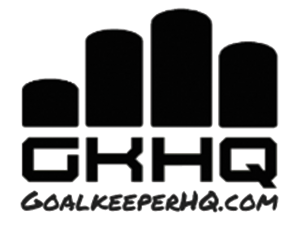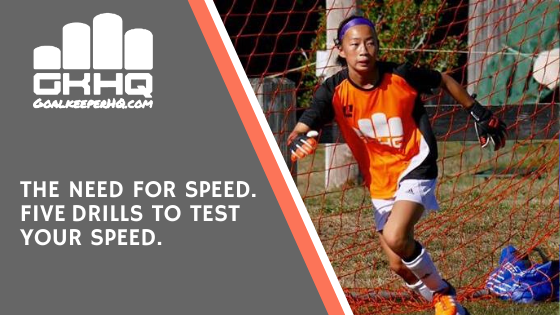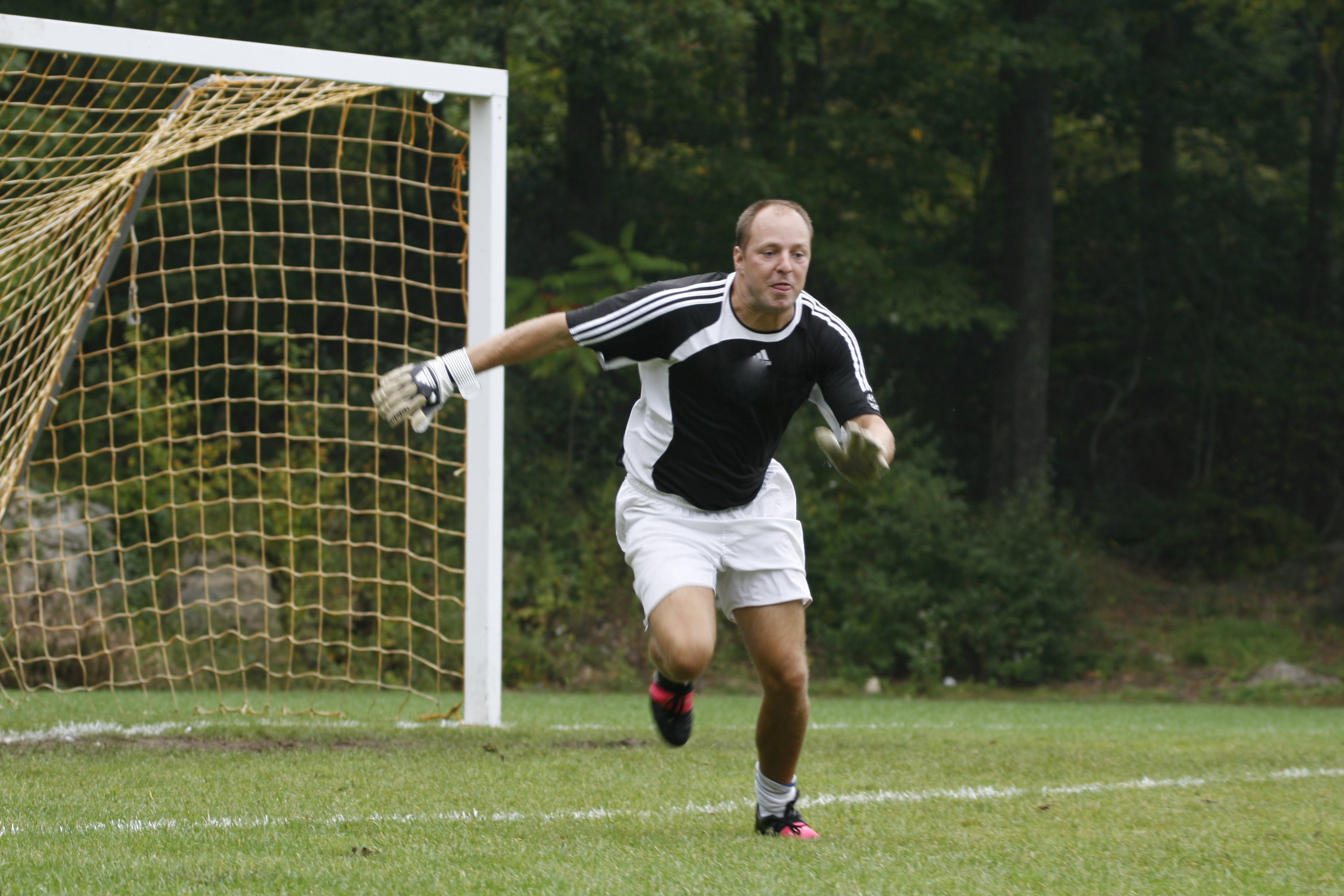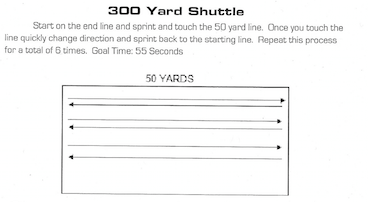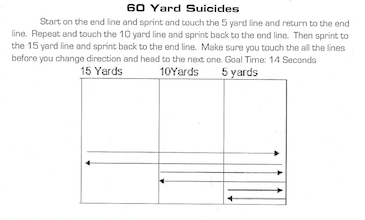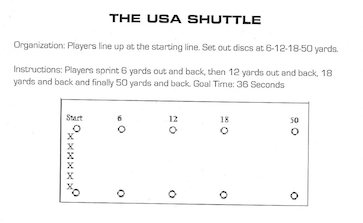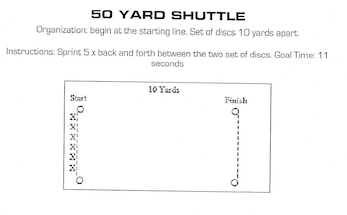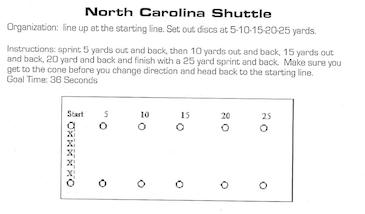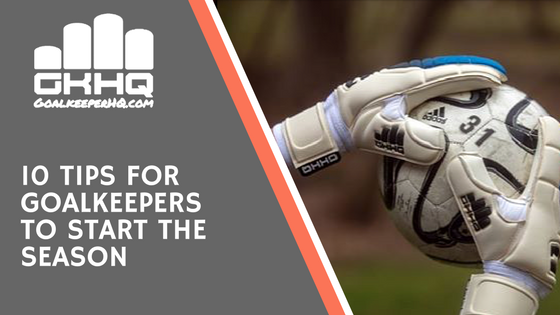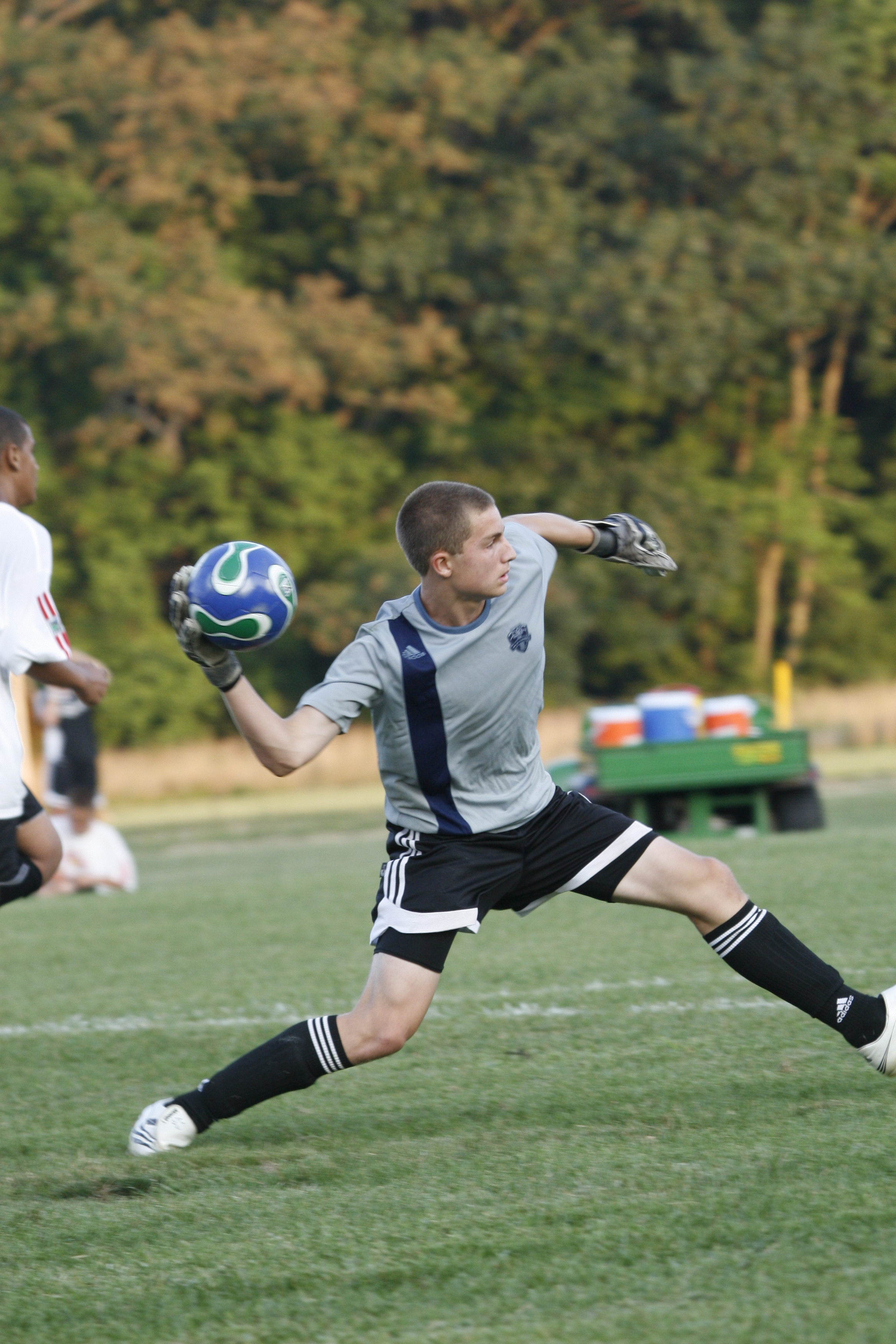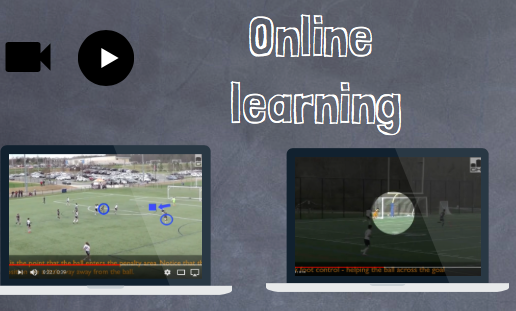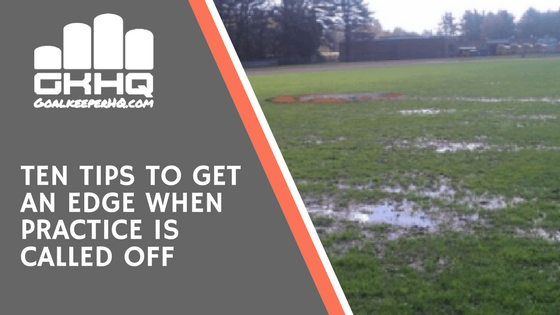
Ten tips to get an edge when practice is canceled
Gain advantages over your competitors when they are sat at home watching T.V.
When a session or game is canceled it can be frustrating. You may even have a snow day, in which you have the whole day to improve yourself as a goalkeeper.
Here are some ways you can gain an advantage over your competitors when they are sat at home watching TV.
1 – Build up your upper body strength.
Goalkeepers need to have strong upper body strength. Use the time that a cancellation gives to improve your strength with a push-up routine.
Normal, Wide, Heart to heart, Military, claps, and dippers are all different push-ups styles to do.
Do 10 of each three times – Don’t forget to stretch after.
If you want to start a push-up challenge, the article “30 day goalkeeper fitness challenge” has a number of different challenges you can do over 30 days. One of which is push-ups. If nothing else….. get started with day one of the push-up challenge now!
2 – Stretch.
Often a neglected part of our game and a lack of flexibility can reduce our performance in goal. Use the downtime to stretch hamstrings, quads, hip flexors, groins, glutes, and back.
30 seconds on each stretch – Do three repetitions.
See below for hamstring stretches
Hamstring stretches. 30 secs hands level with knee, 30 secs hands level with ankle, 30 secs hold on to the foot.
Check out foam roller exercises here
3 – Be a student of the game.
At Goalkeeper HQ, we believe there are three pillars of coaching. Evaluation, Knowledge and understanding and repetitions. By having a practice canceled, you are only really missing out on the repetitions. You can evaluate yourself or other goalkeepers by watching a game or highlights if time is short. You can gain knowledge by reading up on goalkeeping. Try typing a topic in the search bar to the right of this page and see what goalkeeping article comes up. You can even take one of the Goalkeeping HQ Education courses here.
When watching a game, look out for positioning, different distribution techniques and range of goalkeepers coming for crosses.
Goalkeeper HQ offers a service where we evaluate part of your game. See the service here.
4 – Get your equipment in order.
Wash your gloves, clean your boots, rinse your water bottle, check the quality of your gloves, size of undergarments, etc. Ensure your equipment is not an excuse for poor performance. You can purchase the latest L1 Goalkeeper Gloves here.
5 – Get a cardiovascular workout.
People think goalkeepers are lazy, but we can debunk that myth by being one of the fittest members of the team. Use this off time to get the heart pumping. If you can’t get to the gym, give yourself a routine that can include stair runs, Jumping Jacks, Burpees, High Knees, Push-ups, and sit-ups.
I use the Nike Training Club App for free exercises and workouts but this 11-minute High-Intensity Interval Training by ex-pupil, Tim Pittman does the job perfectly.
6 – Get your homework done.
The extra time off might be the perfect opportunity to get your homework done. By getting it done, you can fully focus on your game or next practice without stressing about project deadlines for school.
7 – Catch up on some sleep.
You are up early for school, you put your heart and soul into practices and games three to four times a week, some of you even play other sports. If you are tired, use the additional time off to catch up on some sleep and be back to your best when games and practice resume. See the article “ The importance of rest during downtime”
8 – Practice ball skills.
Goalkeepers need to be comfortable with the ball at your feet. Use the time to be comfortable with the ball at your feet. You can practice in a 5×5 area. Top taps, foundations, inside & outside of the foot, figure 8 using inside & outside of feet, turns, etc.
One of the things that goalkeepers neglect is the importance of a good first touch This linked article has some useful exercises you can do with a partner.
For an indoor goalkeeping challenge, try this from one of our goalkeeping challenges.
https://youtu.be/KbyCT0jEucA
9 – Research your opposition.
Check out your league website to see who you are playing next. Where are they in the League? How many goals have they scored? Who is their best goal scorer?
10 – Fill out your self-evaluation.
How did you play in the last game? Where can you improve? What was your distribution success rate? How many goals that went in were your fault? Are there any trends in the goals that go in? – i.e. balls to left, crosses, 1 on 1’s? Evaluation forms can be found in the resources course on the Goalkeeper HQ membership site.
